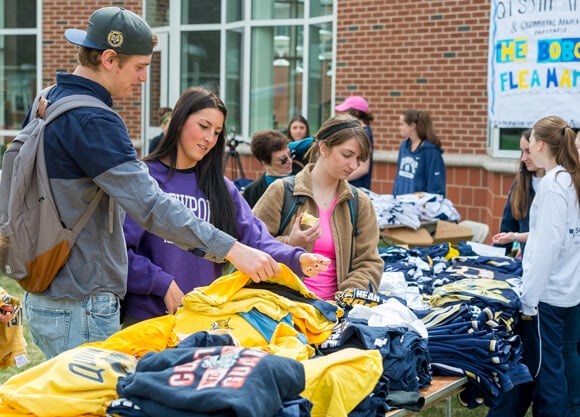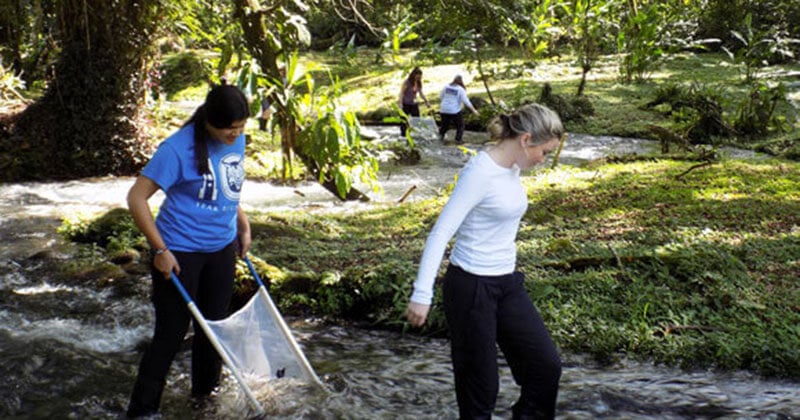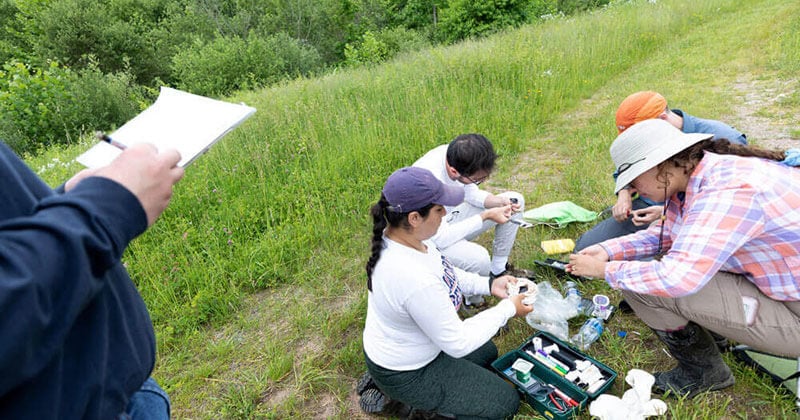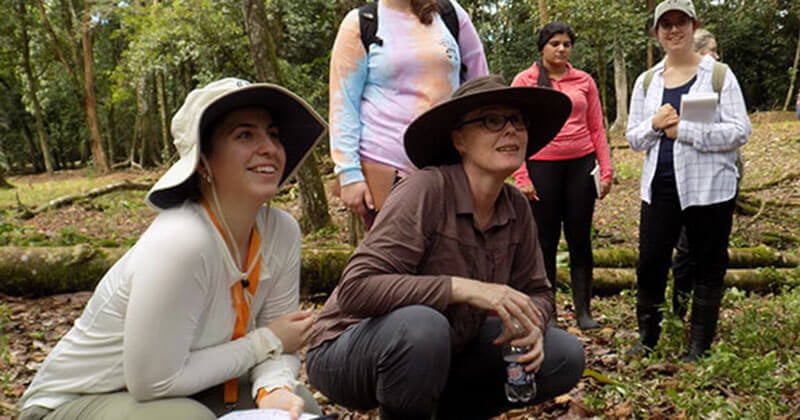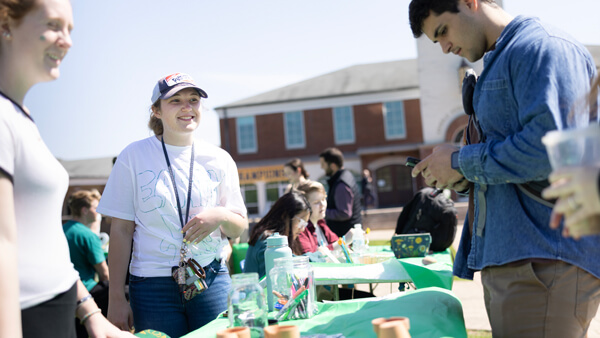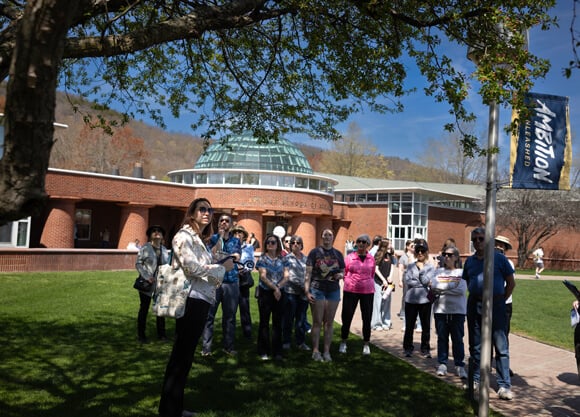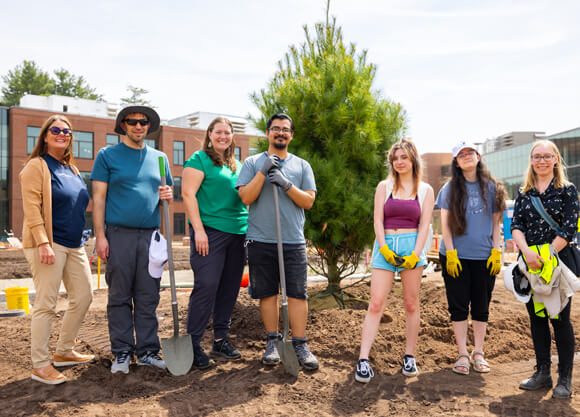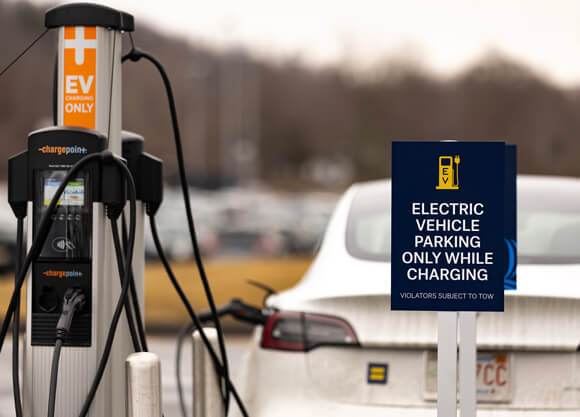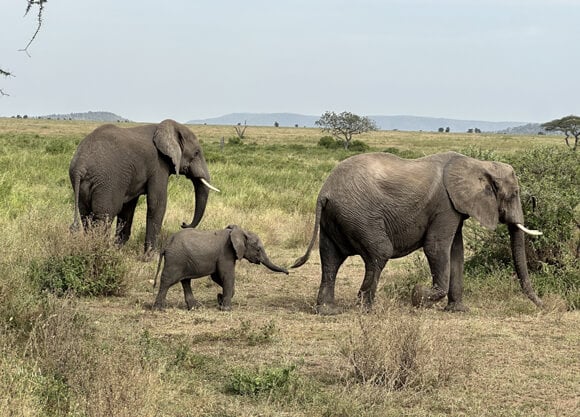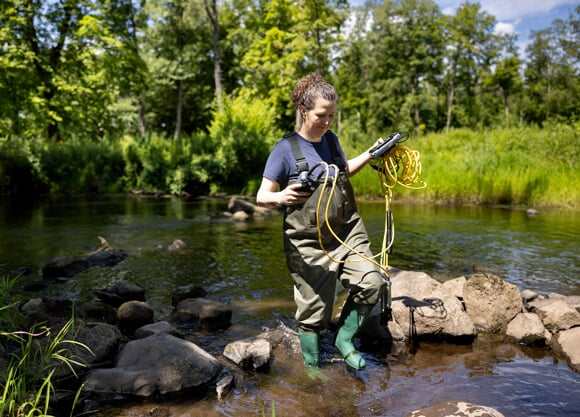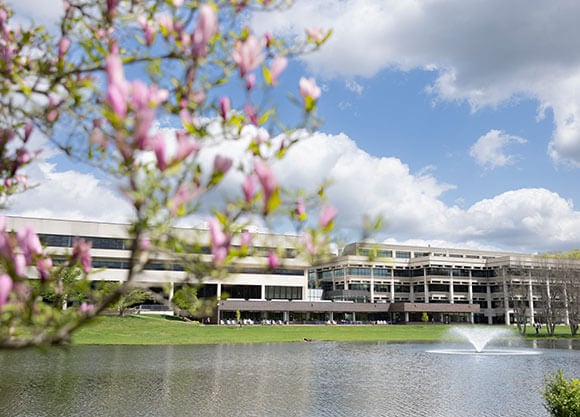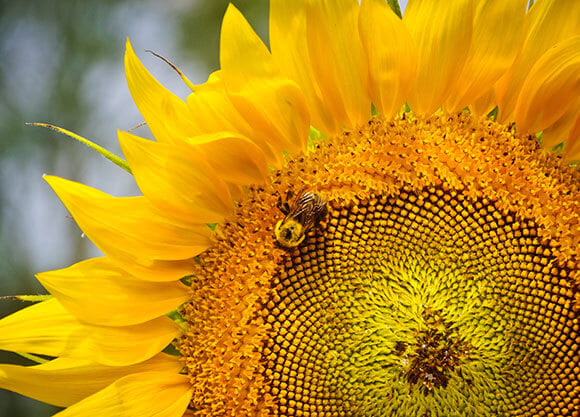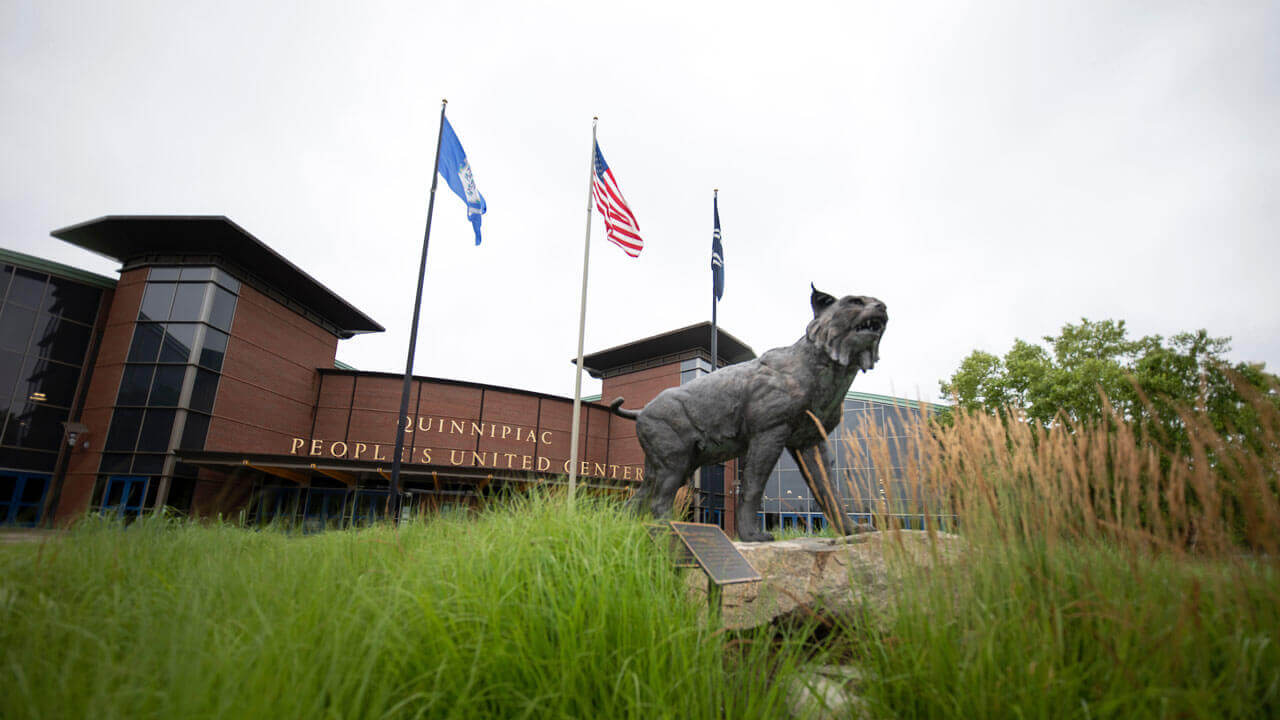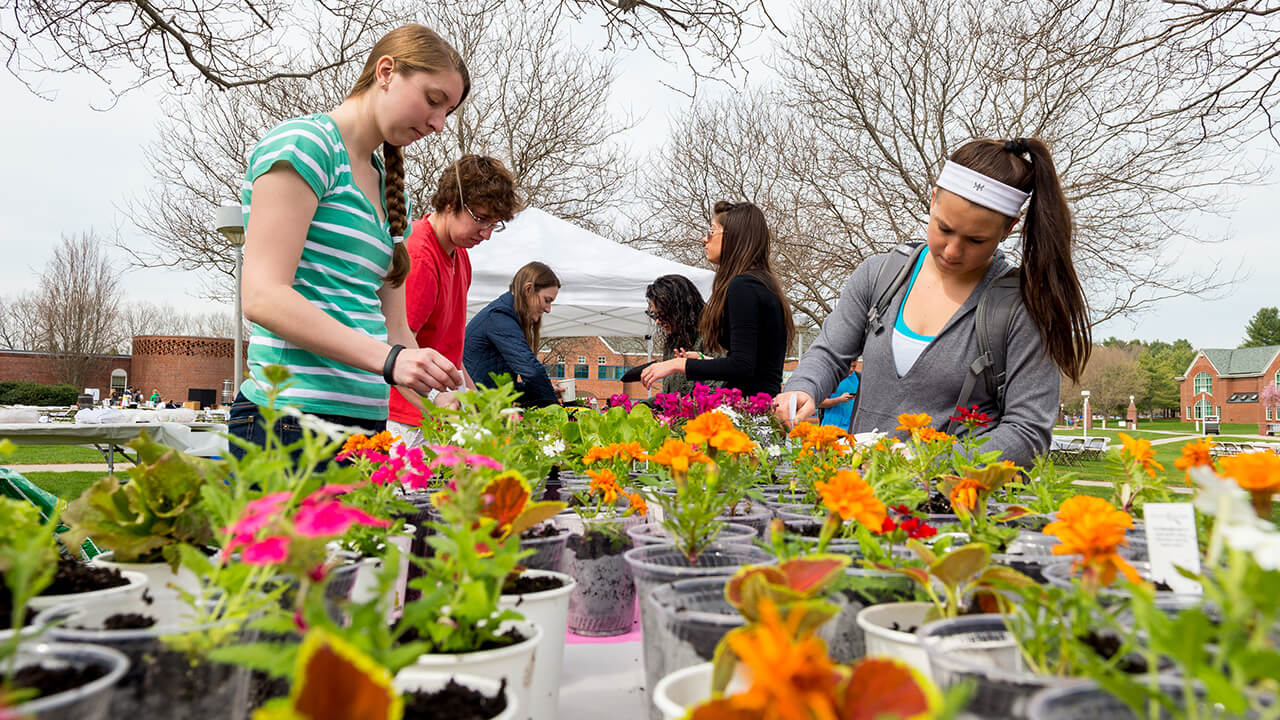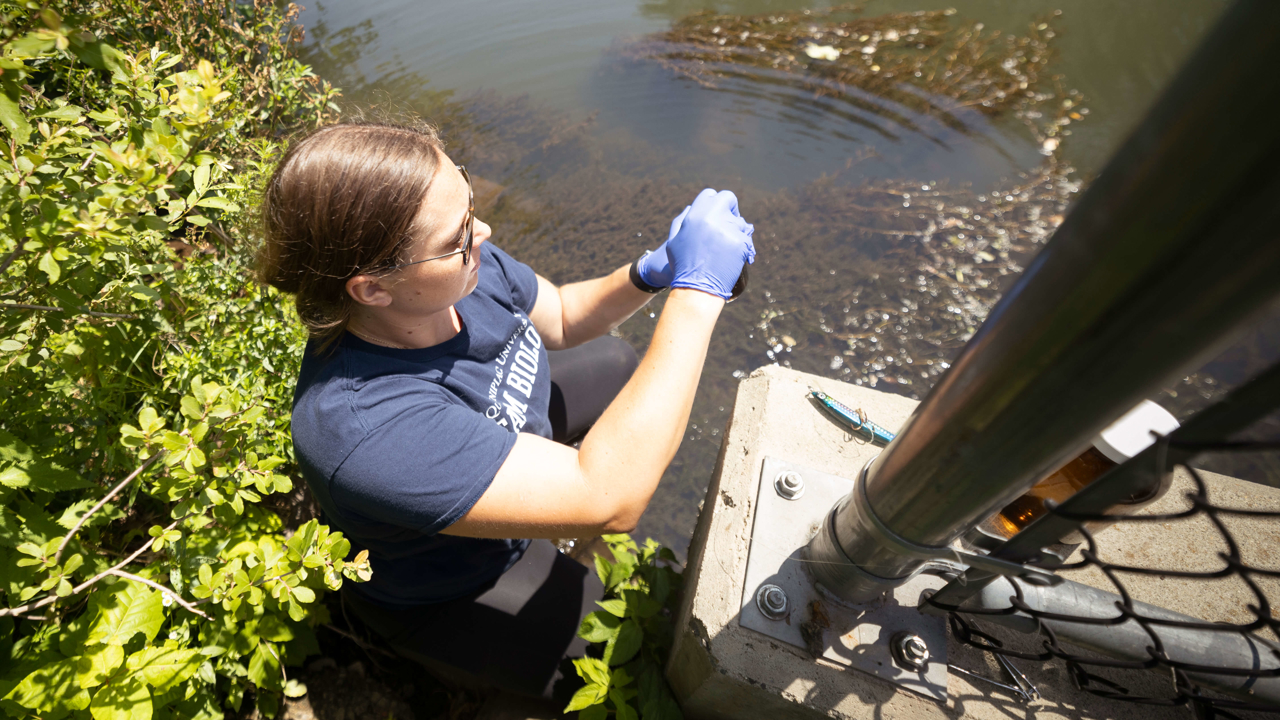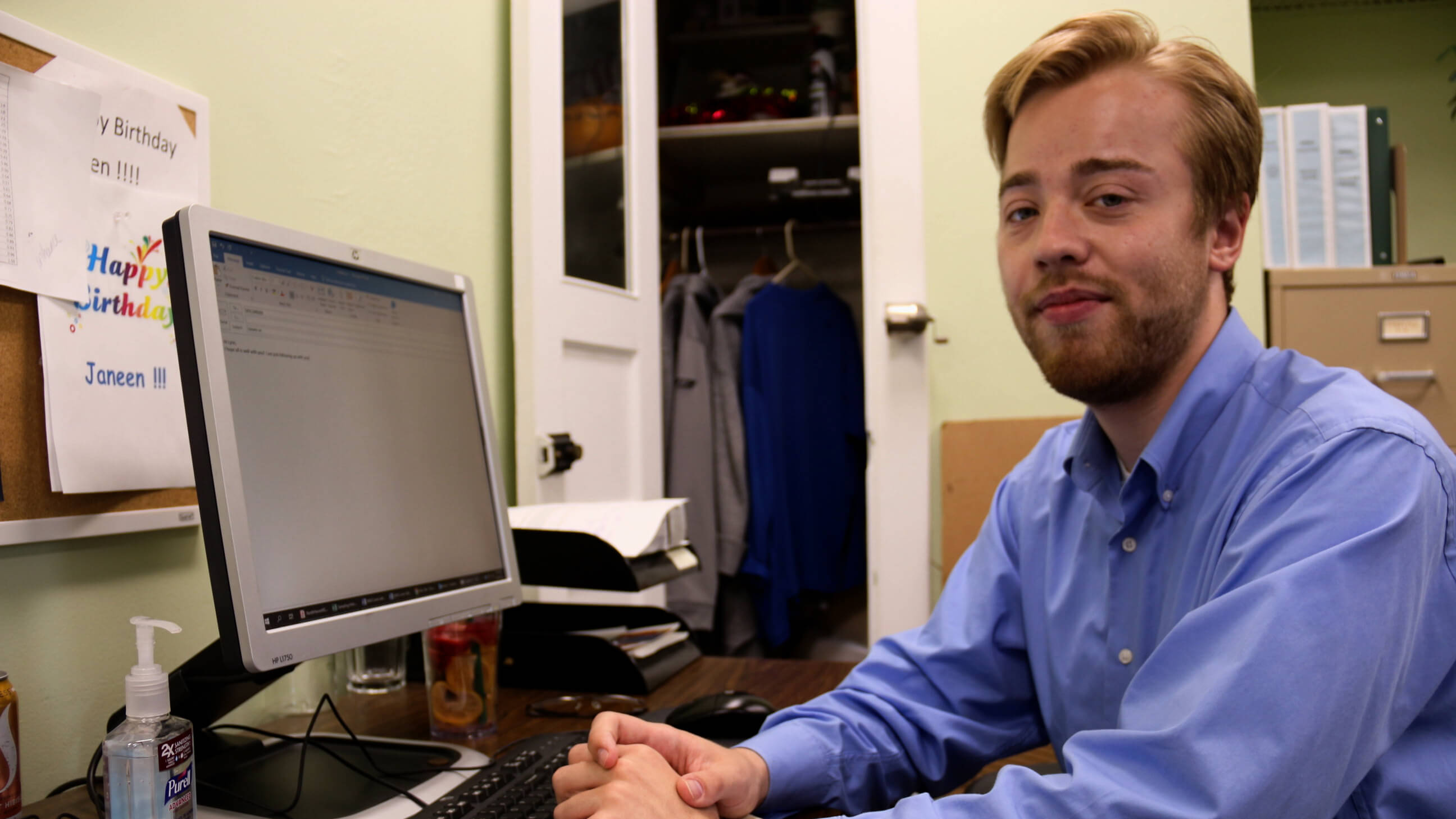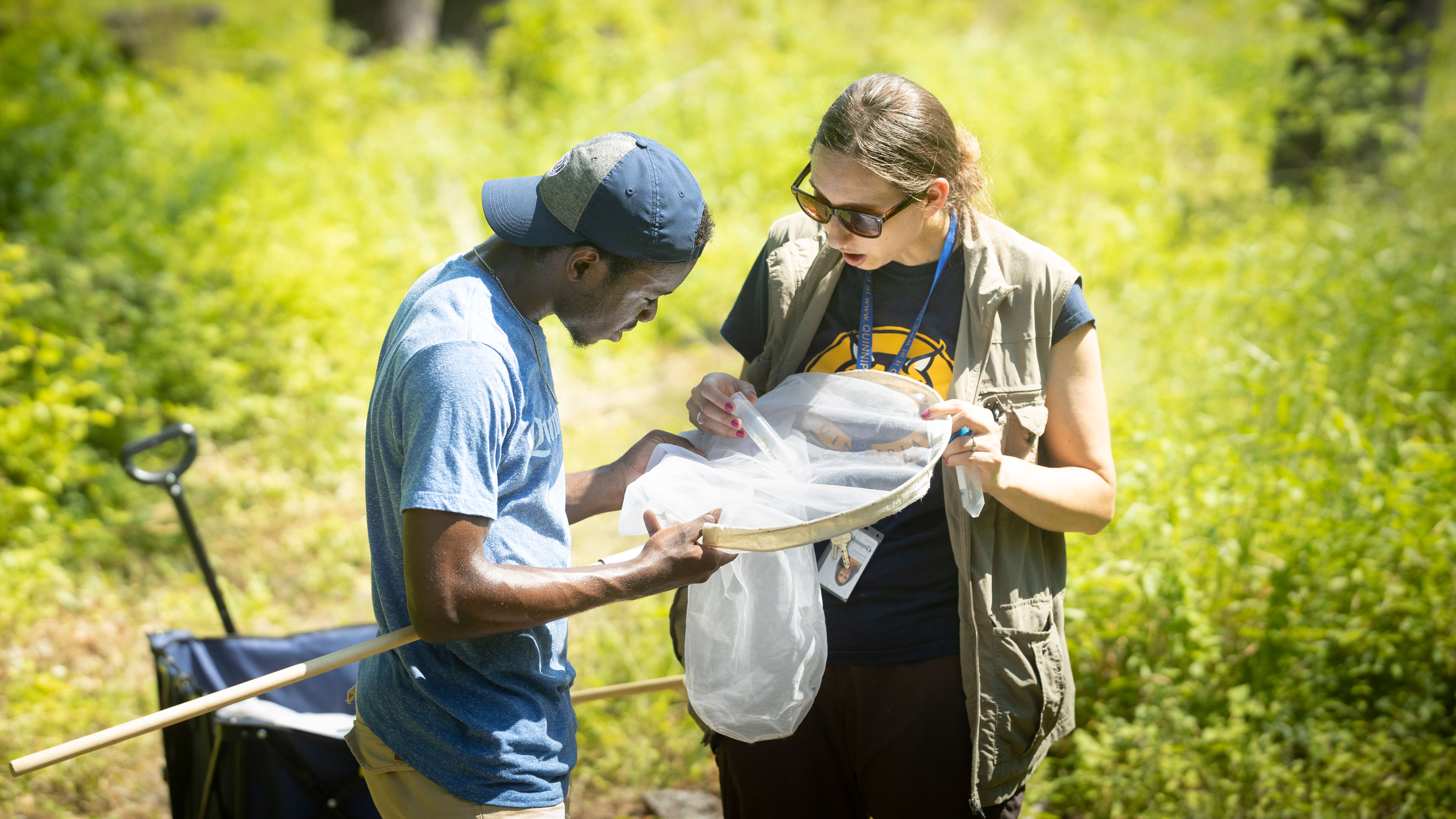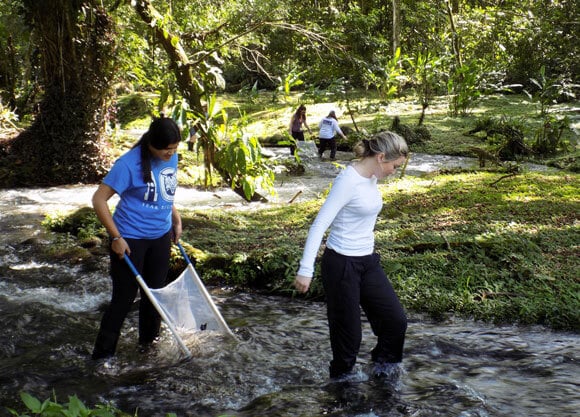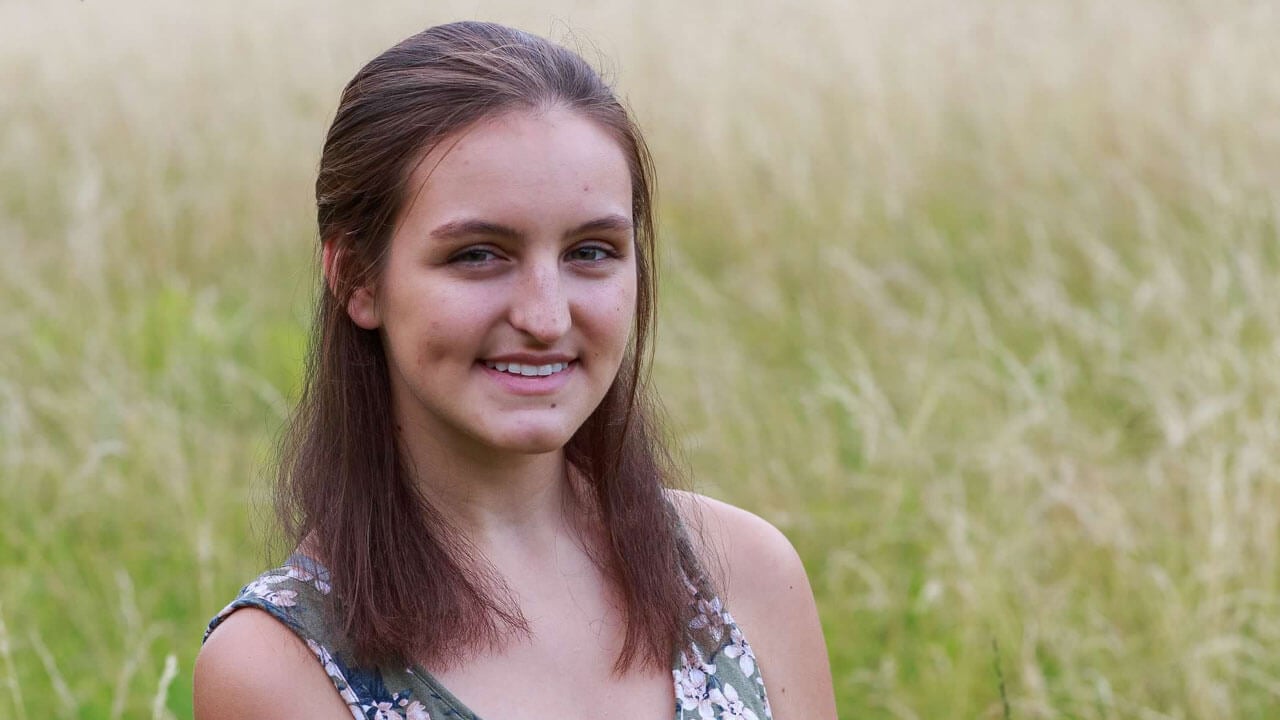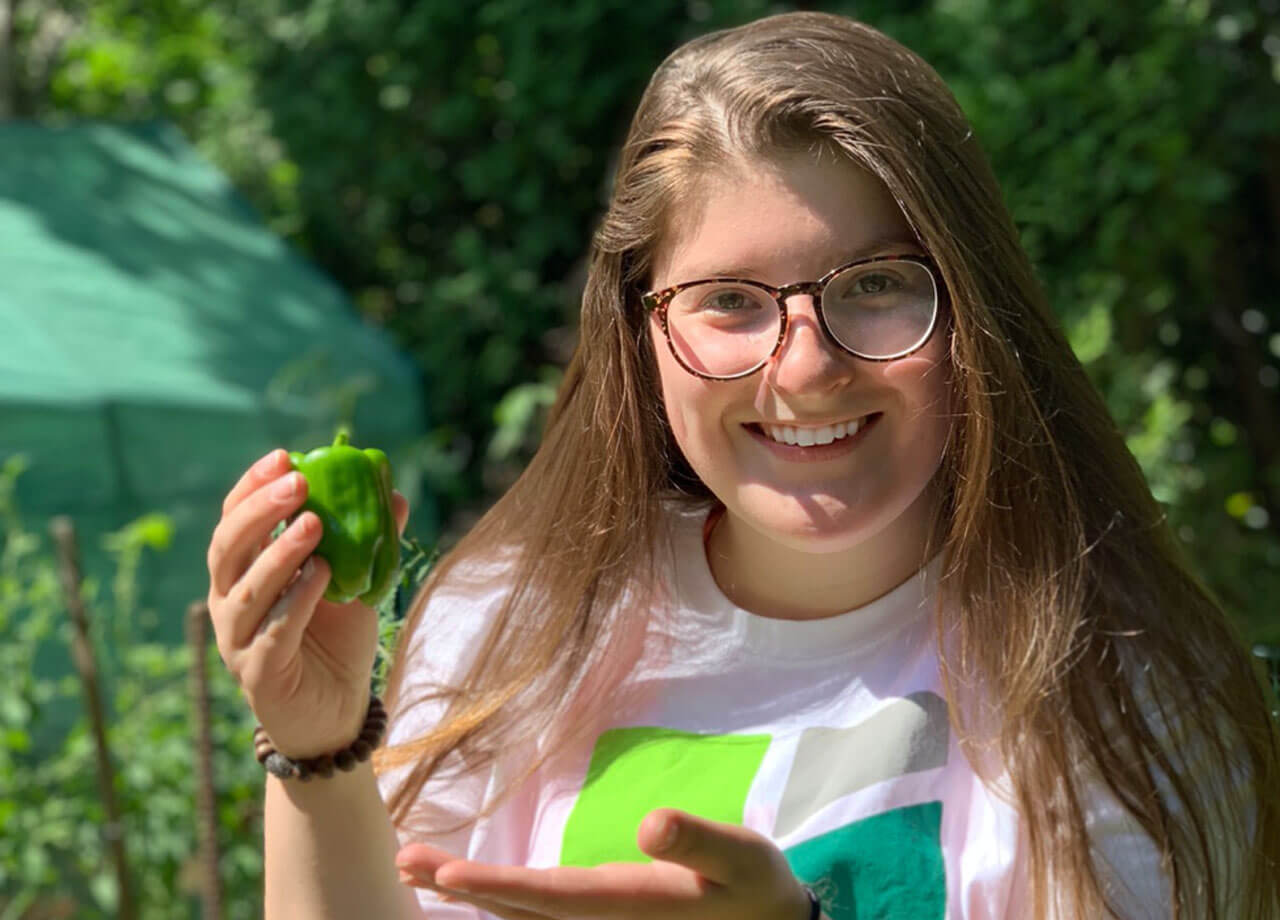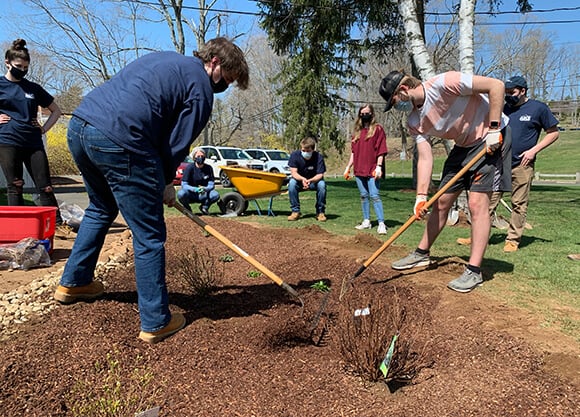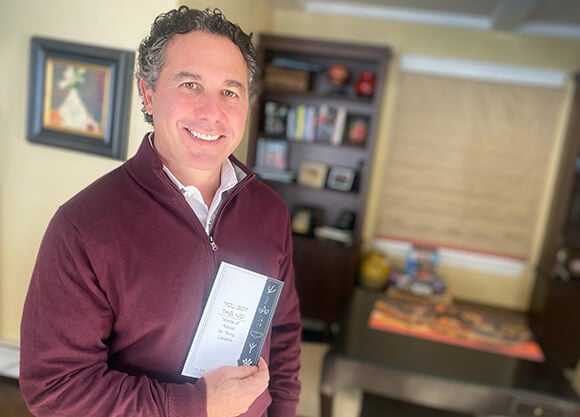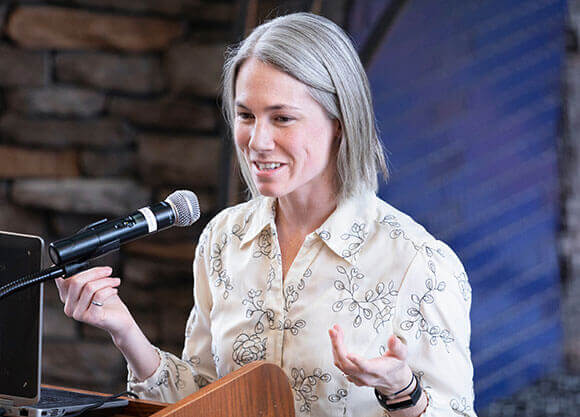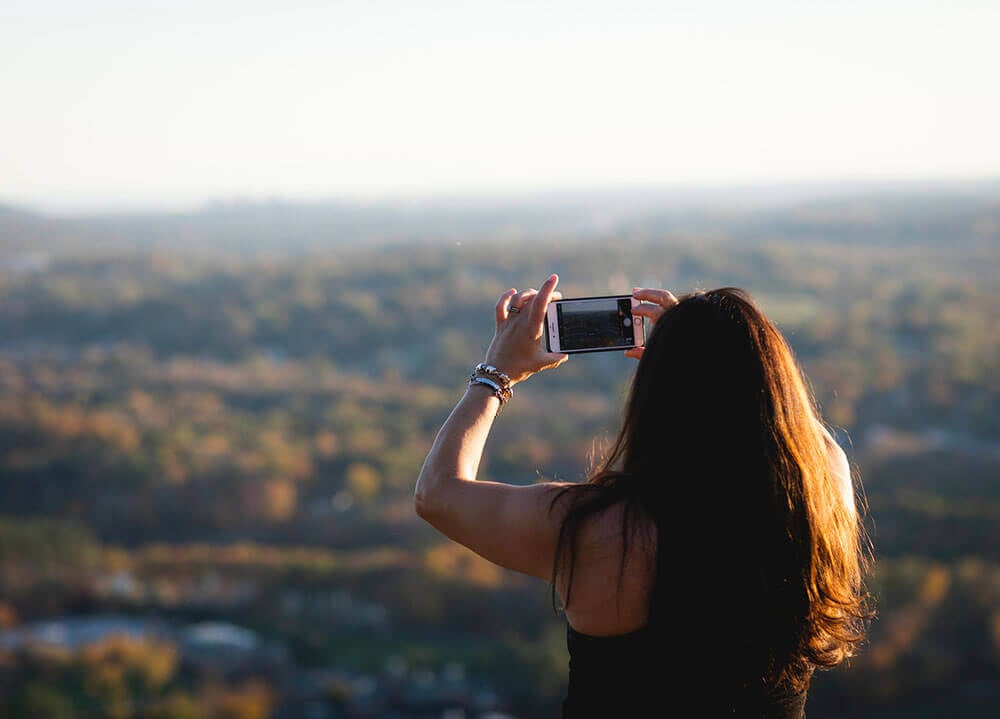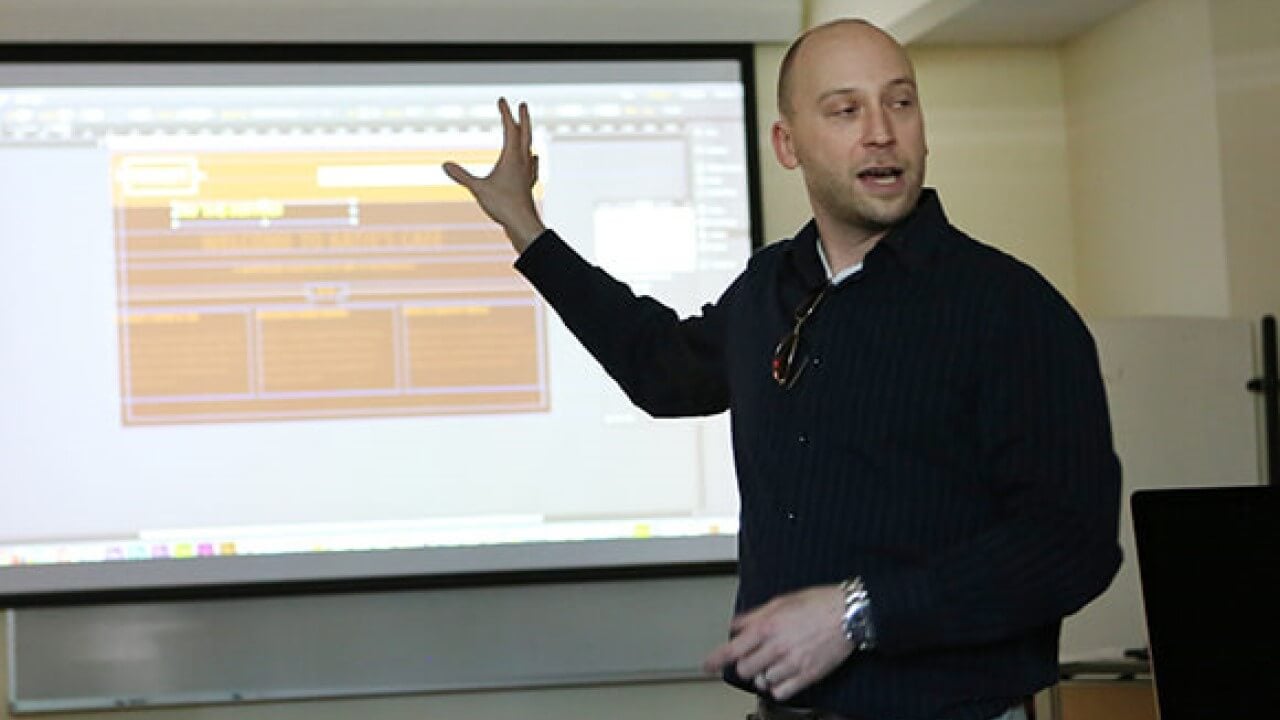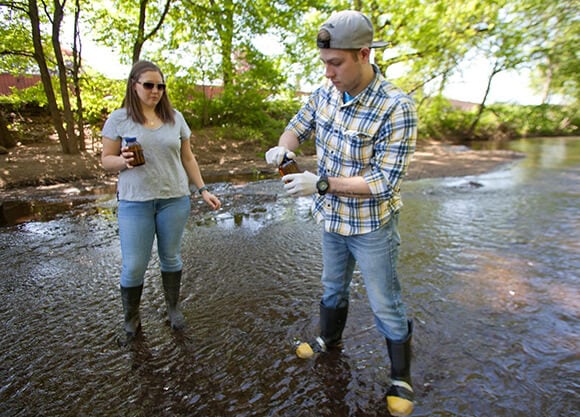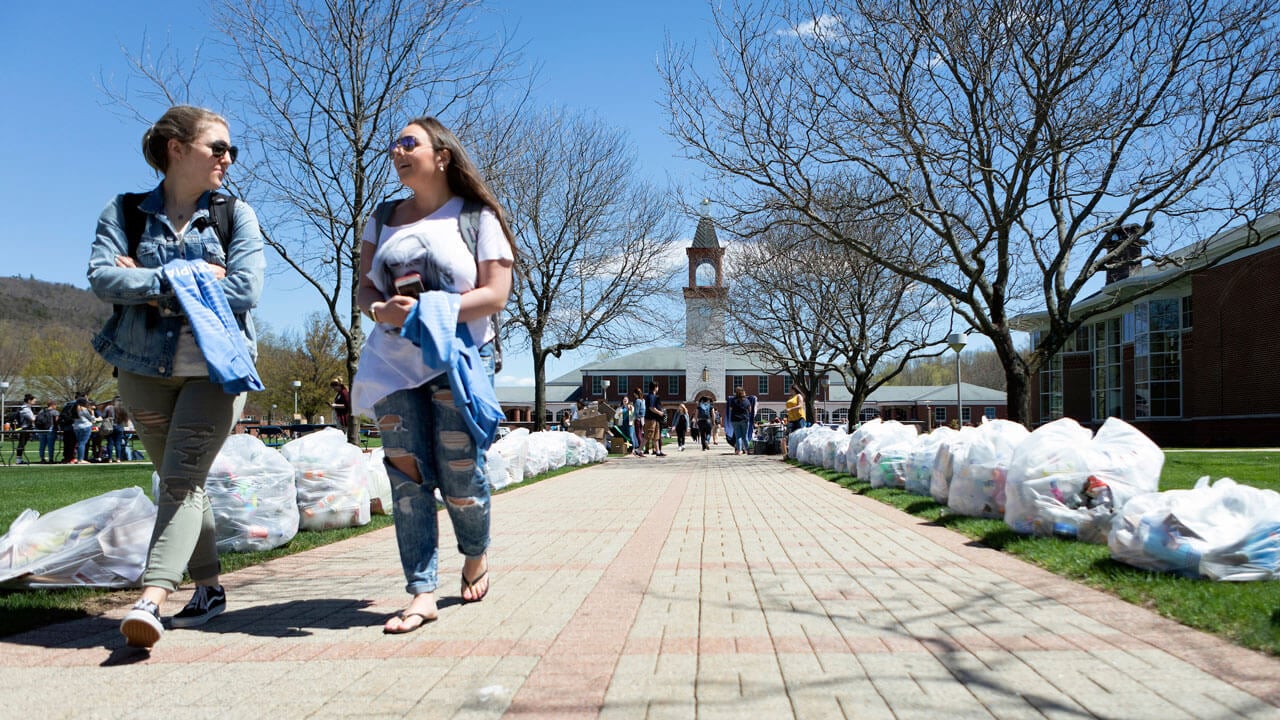
Your guide to recycling
On average, every person produces over five pounds of solid waste each day — and only about one pound gets recycled. The rest, about four pounds, gets thrown away!
Recycling, while great, is still the third choice under the Reduce, Reuse, Recycle concept. Try to reduce or reuse items first, before considering recycling. If you purchase food in a plastic container, can you reuse the container for other items? Can you use a refillable water bottle rather than purchasing single-use plastic ones and recycling them? Try repairing items that are damaged instead of throwing them away. With plastics, try to avoid using or buying plastics at all when you can. Avoid buying disposable items whenever possible.
Recycling Tips
-
In most cities and towns, plastics #1, 2 and 5 are good to go in the bin
-
Crush plastic bottles and keep the caps on when recycling but caps must be thrown away
-
Rinse plastic that has food or residue on it before recycling
-
Plastic utensils are not recyclable yet plastic bags can be recycled at most grocery stores
-
Plastic straws are not recyclable
-
Milk and juice cartons are recyclable
-
Paper cups for coffee are not recyclable, but the lid and sleeve are recyclable
-
Greasy pizza boxes are not recyclable, but clean boxes are recyclable
-
Paper towels, napkins and plates are not recyclable
-
Magazines and clean tinfoil are recyclable but don’t crush the tin foil into a small ball
-
Shredded paper is not recyclable
Earning Money for Recyclables
Connecticut is one of 11 "bottle bill" states in the United States. You can bring in drinking containers to select redemption centers, such as at grocery stores, and receive 5 cents per container.
The bottle bill applies to the following beverage containers:
-
Carbonated Beverages such as beer or other malt beverages, hard seltzer, hard cider and mineral waters, soda water and similar carbonated soft drinks;
-
Noncarbonated beverages such as any water (including flavored water), plant or nutritionally enhanced water, juice, juice drinks, tea, coffee, kombucha, plant infused drink, sports or energy drink and any beverage that is identified as such through the use of letters, words or symbols on such beverage’s product label.
In June 2021, Governor Ned Lamont updated Connecticut’s Bottle Bill in which the state will accept more types of containers in its bottle return system starting in January 2023 and will double its refund value from 5 to 10 cents starting January 2024.
The Connecticut government website outlines the full rules of the program, and also maintains a list of redemption locations. Visit the CT Department of Energy and Environmental Protection website


